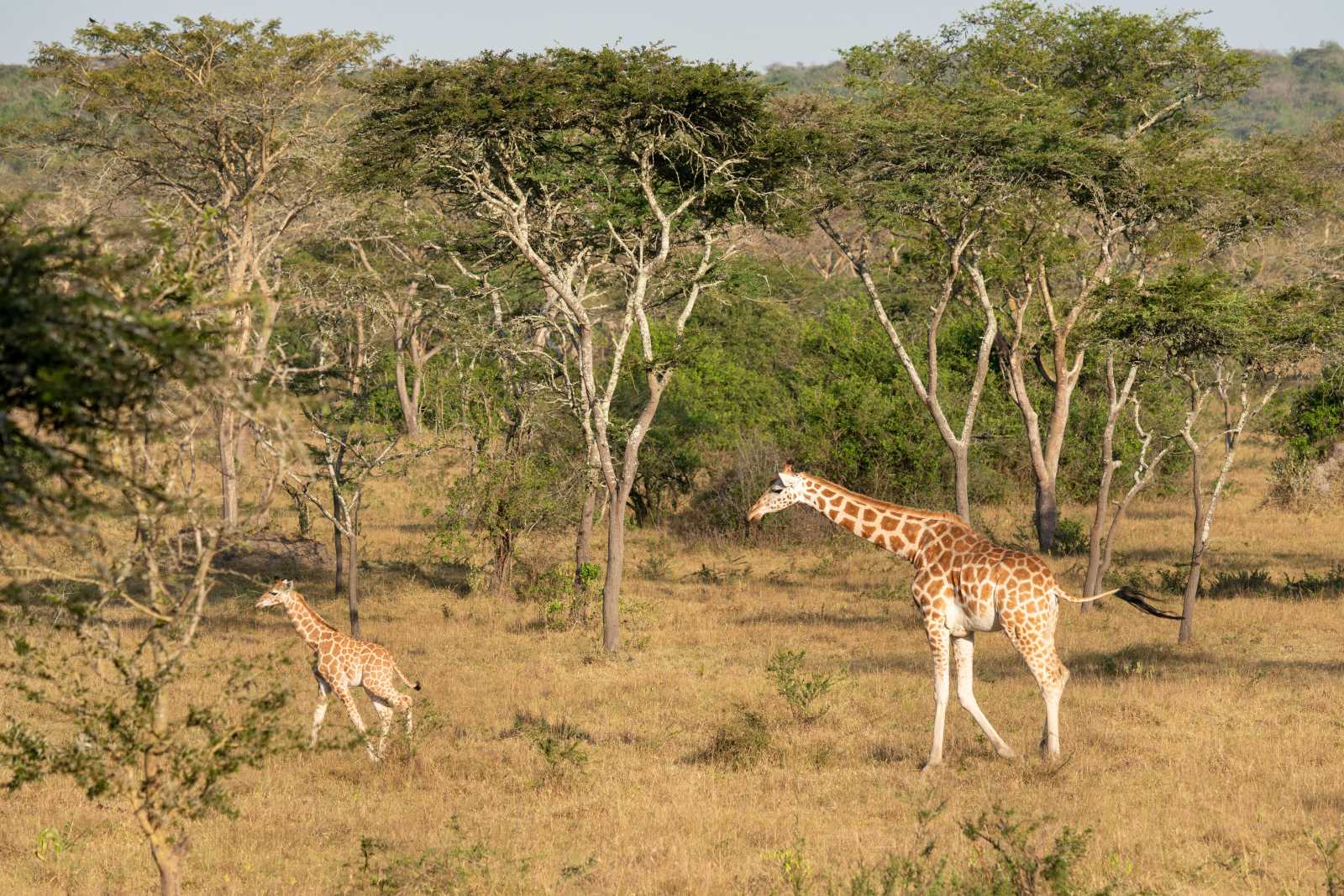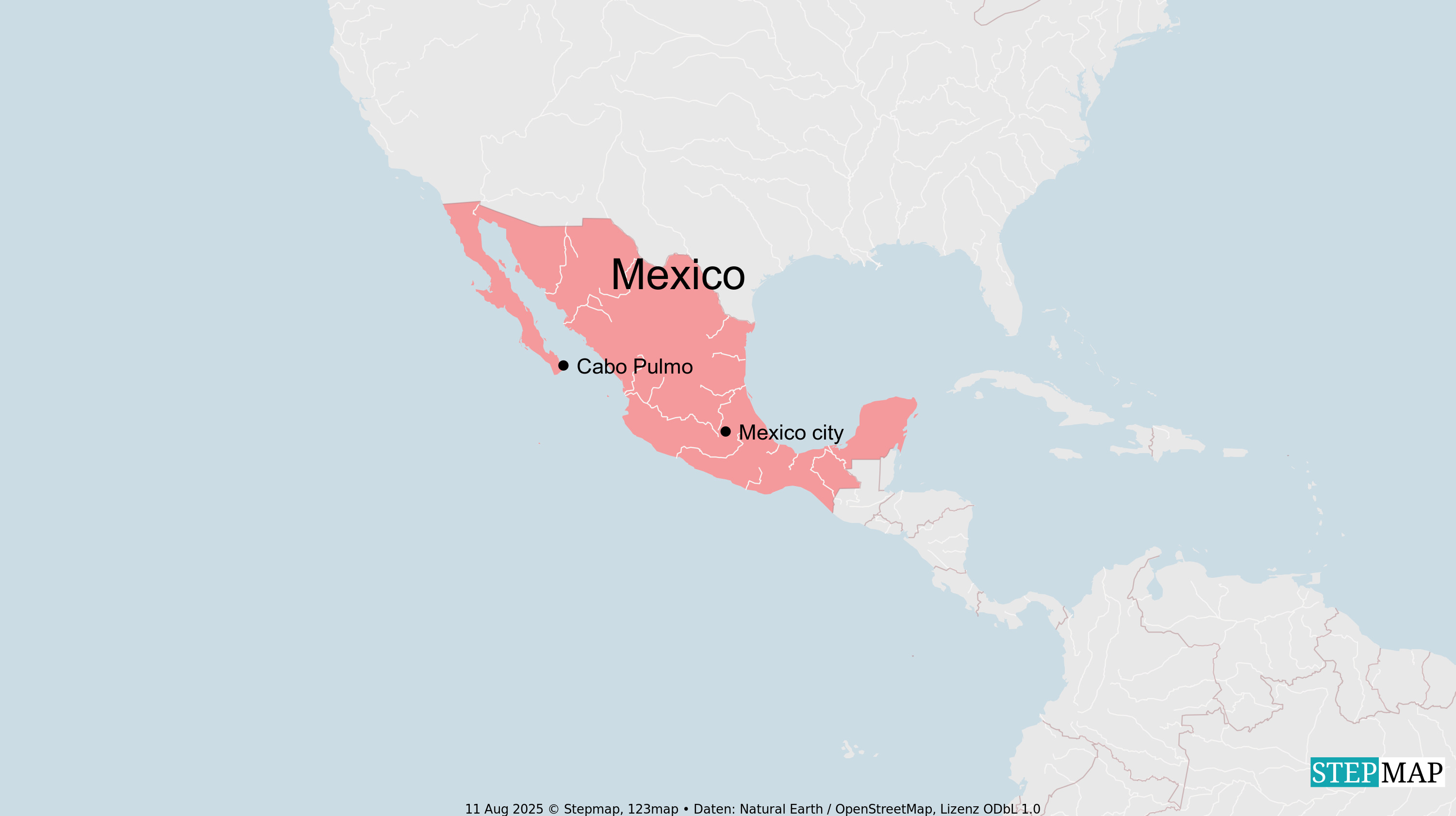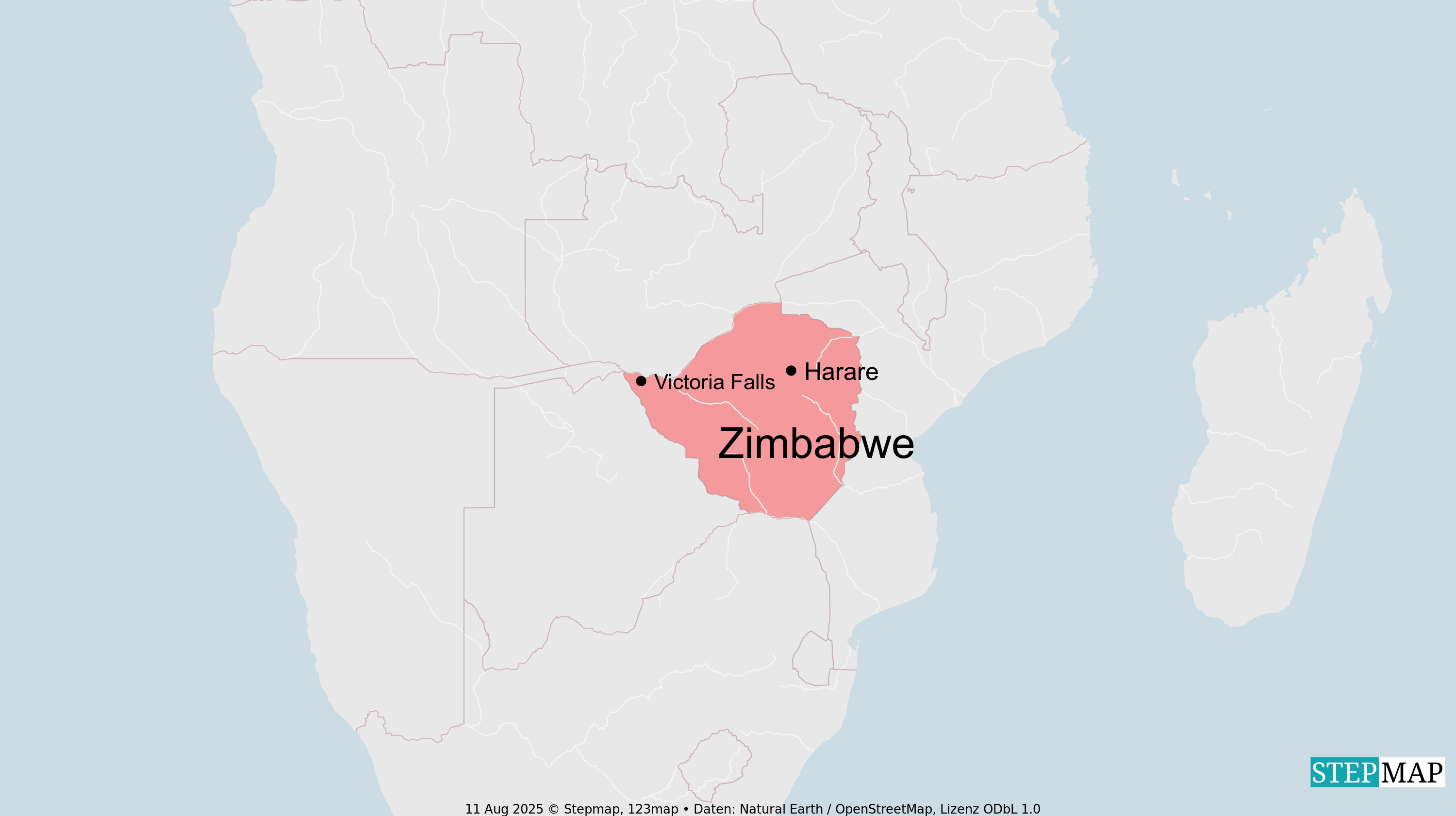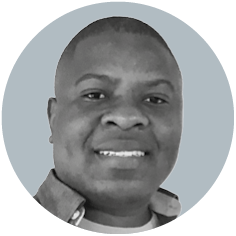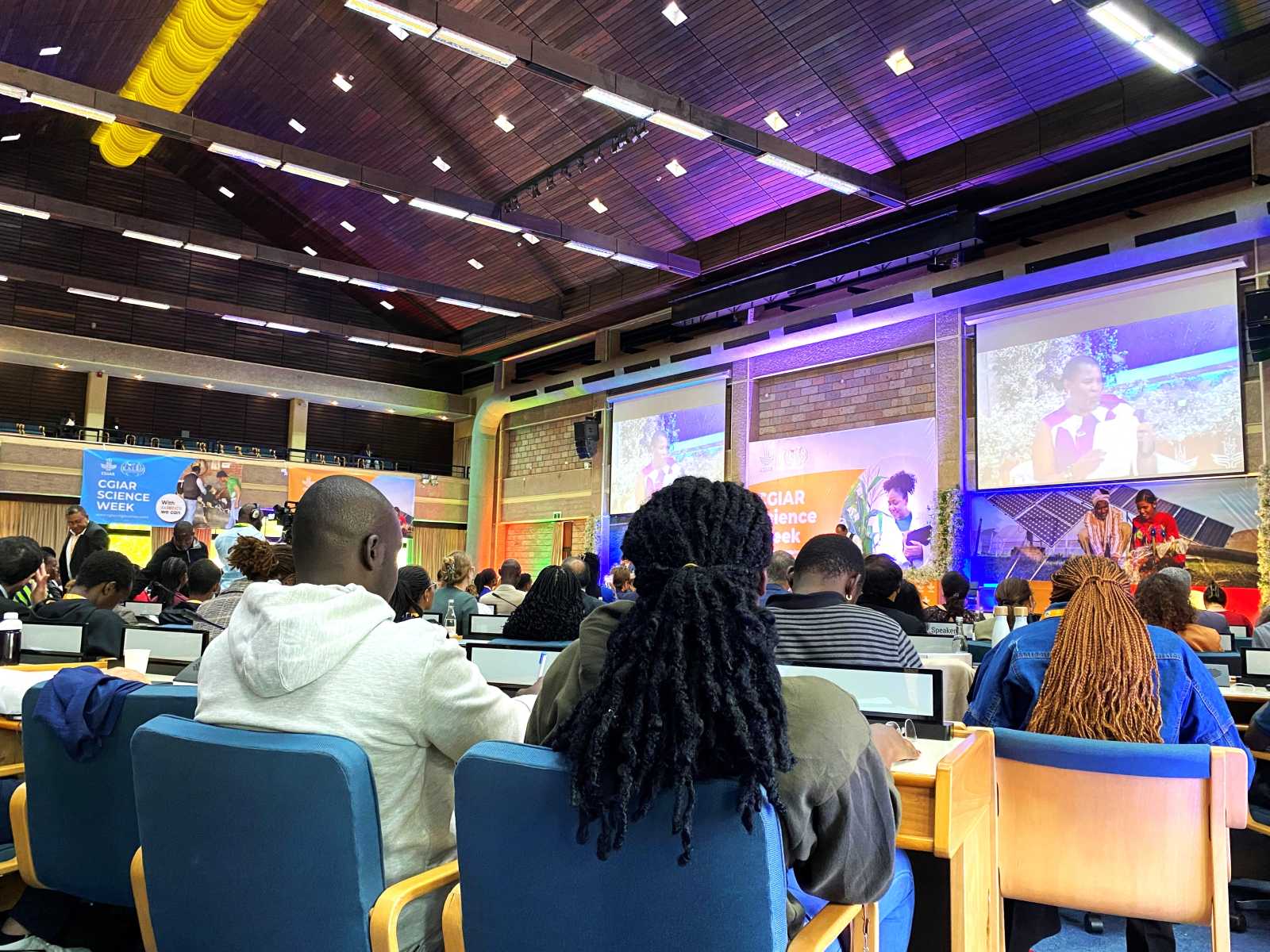Scientific research
Making the most of Lake Bosomtwe
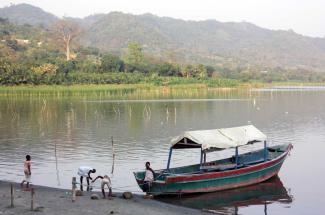
Lake Bosomtwe was formed by a meteor approximately one million years ago. It is located about 30 kilometres from Kumasi, the capital of Ghana’s Ashanti Region. It became a UNESCO biosphere reserve in 2016. It is the newest of the three reserves in Ghana and covers a core area of almost 44,000 hectares. The lake’s fishery resources support a local economy of over 70,000 people. The surrounding area is used for subsistence crop farming and the cultivation of cash crops like cocoa.
It is also an important tourist destination that attracts both domestic and international visitors and therefore contributes to Ghana’s gross domestic product. Nonetheless, the lake’s full tourism potential remains untapped. The area’s infrastructure is not adequate, marketing efforts remain insufficient, and tourists should be offered a wider range of options. To address these shortcomings, a targeted, sustainable and comprehensive tourism management plan is needed.
Rapid population growth has led to increased construction and farming around the lake. Results include deforestation, biodiversity loss, improper waste management, reduced fish stocks and pollution. These problems have triggered several research projects with a focus on the biosphere reserve. However, research efforts so far lack coordination and a clear direction. Moreover, local communities are largely unaware of the biosphere reserve, its zones, functions and regulations. It is striking, moreover, that neither regional nor national development plans take full account of the biosphere reserve.
Identifying research gaps
Coordinated action is necessary for Lake Bosomtwe Biosphere Reserve to fulfil its purpose as a protected area and become a model for sustainable development. With an eye to the above-mentioned challenges, the Biosphere Learning Laboratory Lake Bosomtwe (BL3B) project was launched in 2021. It will run until 2024 and is funded by the German Academic Exchange Service (DAAD). The main objective is to establish a strong professional network of researchers and educators.
Additionally, the project aims to promote practical teaching and research. Knowledge exchange among its partners matters too. They include Eberswalde University for Sustainable Development (HNEE) and several Ghanaian universities: University of Energy and Natural Resources (UENR), Kwame Nkrumah University of Science and Technology (KNUST), Akenten Appiah-Menka University of Skills Training and Entrepreneurial Development (AAMUSTED) and the Forestry Research Institute of Ghana (CSIR-FORIG).
A key part of the project is to involve local communities and authorities in order to understand their specific needs and demands. The approach is meant to result in a research strategy that considers local circumstances and needs, so policy interventions will ultimately benefit both the protection of the biosphere reserve and the livelihoods of the local people.
Understanding people’s needs
For example, a team of German scholars visited Lake Bosomtwe in early October 2022. At home, they work for the HNEE, the Schaalsee-Elbe Biosphere Reserve and the Succow Foundation. After sharing insights with African stakeholders, including researchers from the three partner universities, they visited the municipalities of Amakom and Nkawi. They wanted to learn about the needs of the local communities in order to identify relevant research topics.
The team interviewed residents and specifically paid attention to women, girls and young people. The interviews revealed that the locals’ most pressing need is to find additional sources of income, as relying solely on fishing is no longer feasible.
Moreover, a workshop was held with officers from Ghanaian authorities in charge of water resources, forestry, fisheries and tourism. The stakeholders emphasised the urgent need to ensure that rules and regulations in the biosphere reserve are respected, especially in the core zone.
It was also mentioned that local people are increasingly frustrated with researchers. Numerous studies were carried out in recent decades, but the scholars involved only rarely informed local communities about the results. The local people saw rather few useful outcomes.
Early studies at Lake Bosomtwe, moreover, had focused on hydrological parameters such as water quality, followed by research on livelihoods of local communities. Only quite limited research efforts have focused on forestry, agriculture or tourism.
Relevant research topics
Finally, the universities cooperating in the project identified the most relevant topics for future research activities in the biosphere reserve. They include:
- alternative livelihoods, including sustainable tourism,
- agriculture,
- forestry,
- fisheries,
- communication between researchers and local communities and
- health issues.
Specific research fields and questions were developed on the basis of these rather broad topics. For example, the topic “agriculture” was allocated to five different dimensions, and specific research demands were identified:
- Economic, e.g., analysis of possibilities for the installation of boreholes for irrigation as well as for collection of rainwater for irrigation.
- Socio-cultural, e.g., analysis of indigenous farming practices and relevant cultural beliefs.
- Ecological, e.g., analysis of the influence of pesticides usage on soil, fauna and flora and development of approaches to reduce the use of chemical pesticides.
- Management and governance, e.g., assessment of organic-farming practices and implications for water quality of the lake.
- Cross-sectional, e.g., assessment of practices for soil fertility and pest management as well as farmers’ perceptions on integration of shade trees into cocoa farming and indigenous knowledge regarding this.
The project partners divided the responsibilities for the different research topics among themselves.
In the coming months, up to eight students from HNEE will visit Ghana. Together with Ghanaian students, they will begin to do research on the defined topics. Their work will help to bridge research gaps and foster a closer cooperation between all partner universities with an eye to future research activities and funding applications. A final workshop with all project partners at Lake Bosomtwe is planned for late 2024. It will inform local people about the biosphere reserve and lead to specific proposals for future research cooperation.
Tobias Cremer is a professor for forest utilisation and timber markets at Eberswalde University for Sustainable Development.
tobias.cremer@hnee.de
Friederike Major studied landscape management and nature conservation at Eberswalde University for Sustainable Development and supported the project as a student assistant.
friederike.major@hnee.de
Yaw Boakye Agyeman specialises in ecotourism, protected area management and climate change vulnerability and adaptation. He is a senior lecturer at the University of Energy and Natural Resources, Sunyani, Ghana.
yaw.agyeman@uenr.edu.gh
Franziska Rottig is specialised in sustainable tourism development with focus on the Global South and coordinates the BL3B-project at Eberswalde University for Sustainable Development.
franziska.rottig@hnee.de




